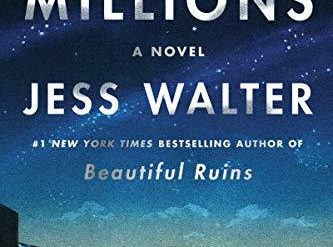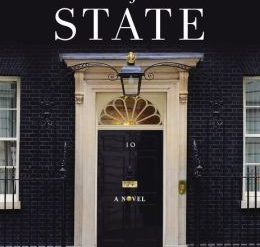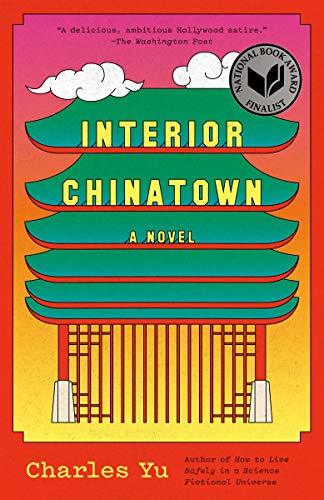
There’s a world of hurt in the best satire. At times, it’s inescapable. And that’s certainly the case with Charles Yu’s widely acclaimed second novel, Interior Chinatown. Couched as a filmscript, the book is the tale of a young Chinese-American man struggling to gain a foothold as an actor in Hollywood. The story is entertaining and sometimes laugh-out-loud funny. But the subject is really the racist stereotyping of Asian-Americans and the self-loathing that racism so often drives into the hearts of what we in America call “minorities.” In other words, satire or no, Interior Chinatown is deadly serious.
“Ever since you were a boy, you’ve dreamt of being King Fu Guy.” Like your idol, Older Brother (who’s not your brother at all) and your father before him. But “you are are not Kung Fu Guy. You are currently Background Oriental Male, but you’ve been practicing. Maybe tomorrow will be the day.” However, tomorrow will most certainly not be the day. That’s the way it goes in the life of “Willis Wu (Asian) Actor.” Because Willis’ résumé features his roles as Disgraced Son, Delivery Guy, Silent Henchman, Guy Who Gets Kicked in the Face, and so forth. As Kurt Vonnegut would have said, so it goes. Racist stereotyping persists.
Interior Chinatown by Charles Yu, Audible Edition, narrated by Joel de la Fuente (2020) 289 pages ★★★★☆
Winner of the 2020 National Book Award for Fiction
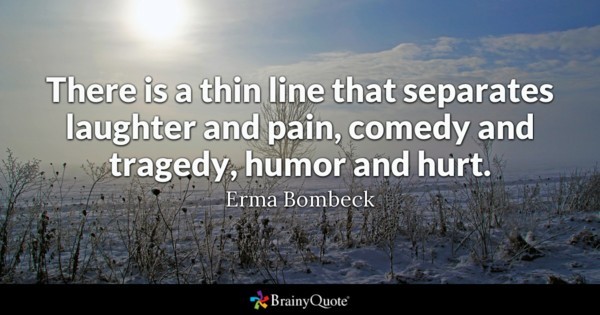
Racist stereotyping dooms Willis Wu
Interior Chinatown is set in the Golden Palace restaurant and the SRO apartments above it. There, Willis lives in one unit, his parents in other, separate units. They all work at the restaurant. Also, they’re all actors, and they’ve all been captive to the stereotyping and shabby treatment that ethnicity dooms them to.
Make no mistake: Charles Yu is not laughing. The novel includes a timeline of the legislation that victimized Asian immigrants from 1859 to the Immigration Act of 1924, which “completely prohibits immigration from Asia.” And, just to drive the point home, the story is set in today’s Hollywood, where the stereotyping lingers.
Still, some Asian-American actors have succeeded in Hollywood
Now, we know of course that some Asian-American actors such as Bruce Lee, Lucy Liu, Sandra Oh, and Aziz Ansari have nonetheless forged successful careers in Hollywood and gained stardom. But what about the legions of strivers? Yu’s tale implies that conditions haven’t changed all that much since the days of Charlie Chan, a Honolulu detective played for laughs by Warner Oland, a Swedish-American actor. And who am I to dispute Charles Yu?
The audiobook experience
Nearly all the time I read books on my Kindle. From time to time, though, I listen to an audio edition, and that’s how I “read” Interior Chinatown. The experience is very different. It’s richer in the sense that a skilled narrator like Joel de la Fuente, who related this story, can imbue characters with more personality than emerges on the printed page. It’s less satisfying for me in that my attention sometimes wanders more readily than when I’m reading. All in all, I prefer reading.
About the author
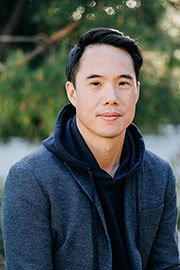
Until the publication of Interior Chinatown, Charles Yu (1976-) was best known for How to Live Safely in a Science Fictional Universe. The novel was named one of the The New York Times’ 100 Notable Books of 2010 and attracted considerable attention among science fiction writers and fans. He has also written two collections of short stories, as well as dozens of essays, book reviews, teleplays, and uncollected short stories.
For related reading
Check out Good books about racism.
You might also enjoy my posts:
And you can always find my most popular reviews, and the most recent ones, on the Home Page.

